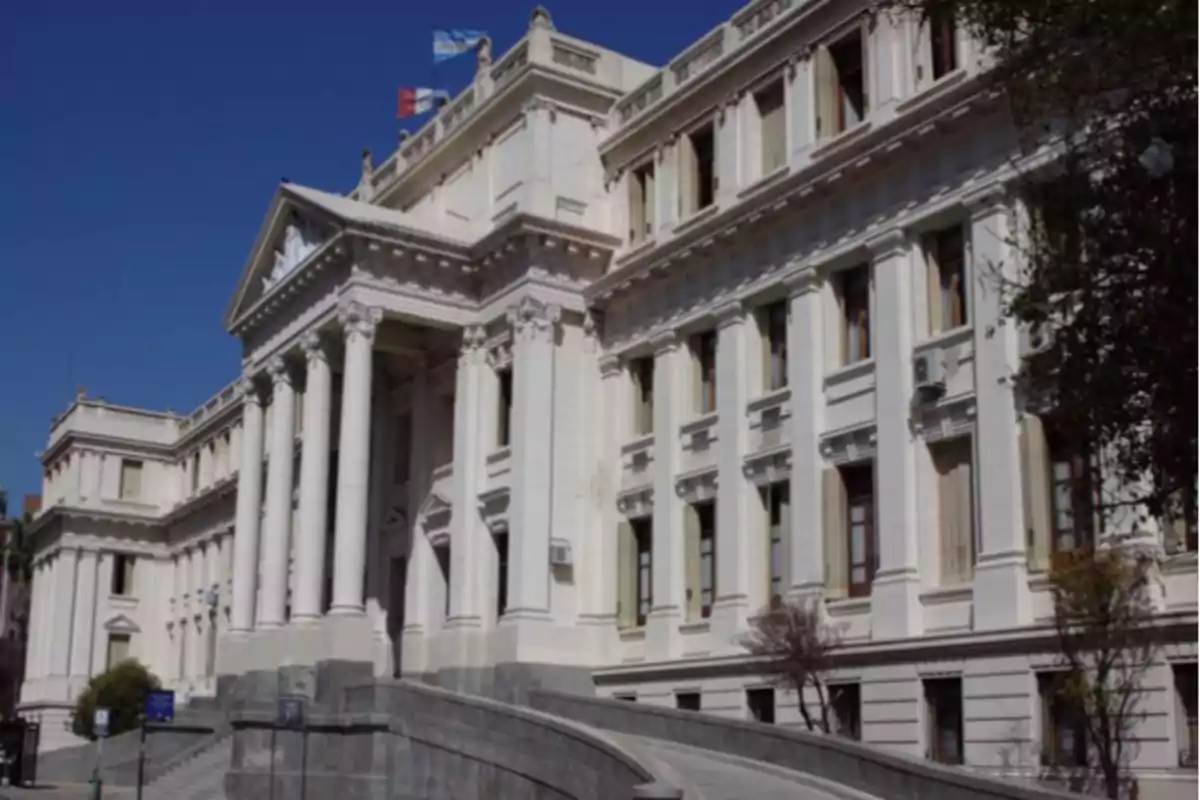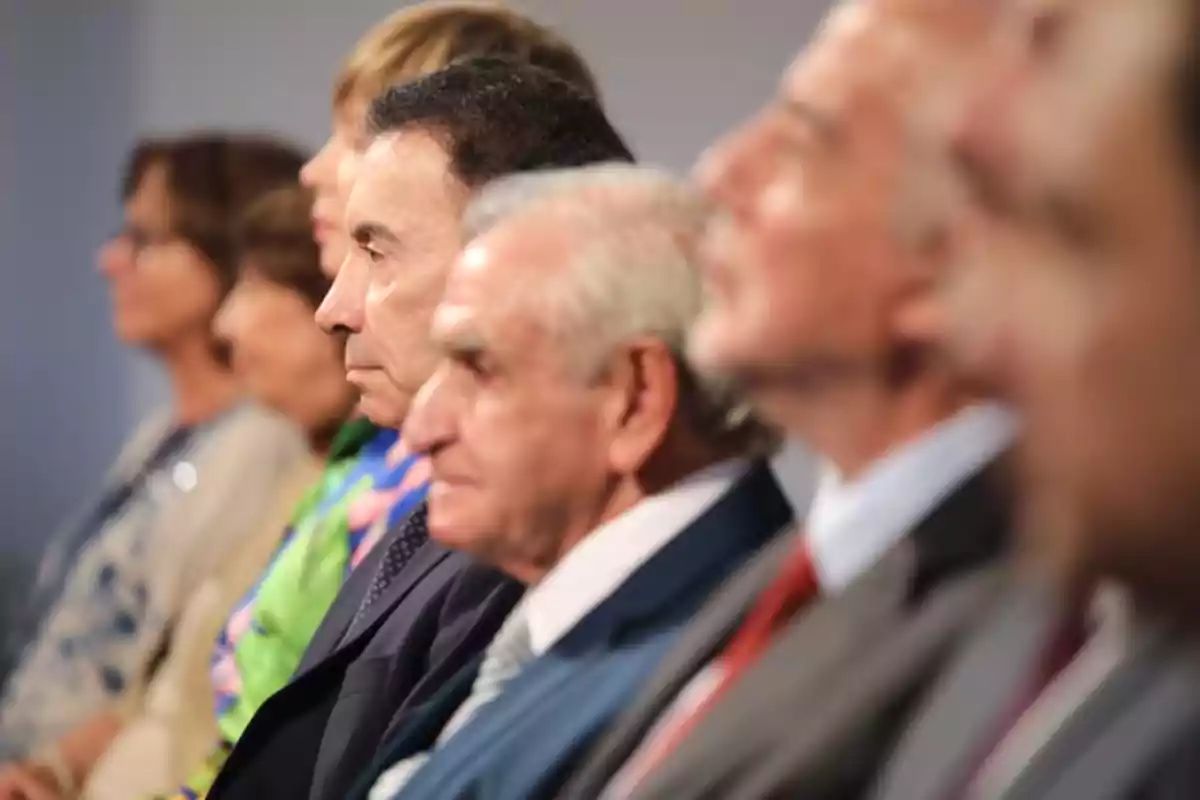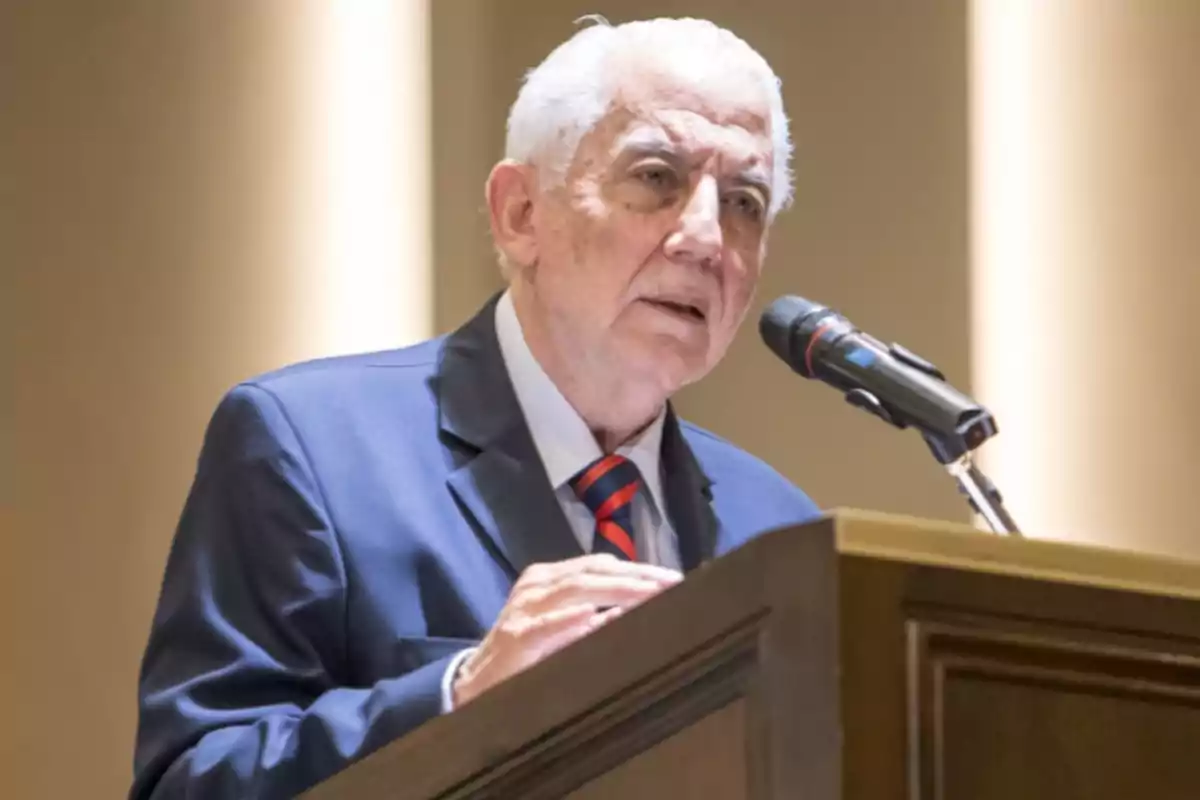
Judges will have the exclusive authority to decide on pretrial detentions in cases of flagrante delicto.
The measure will be applied uniformly throughout the province of Córdoba, after years of gradual implementation
Pretrial detentions in cases of flagrante delicto will no longer be defined by prosecutors and will be transferred to control judges. This measure was confirmed by the Superior Court of Justice of Córdoba after an oral hearing between the parties. This is a full application of the legislative reform approved in 2017.
The regulation establishes that deprivation of liberty must be decided in an oral hearing, with the intervention of the prosecutor and the defense's right to object. The judge must decide at the end of the hearing or within a maximum of 24 hours. Until now, the scheme had been applied partially under a pilot plan.
The initial decree of the Superior Court of Justice had allowed, in practice, prosecutors to continue deciding on pretrial detentions in much of the province. The pilot plan was restricted to crimes of flagrante delicto or quasi-flagrante delicto, with lower evidentiary complexity. Now, the decision extends the scheme to all courts in Córdoba.

Progressive expansion to all judicial venues
The process began in 2022 in three courts in the capital and was extended to the entire city in 2023. That same year, it reached Río Cuarto, San Francisco, and Villa María. In 2024, Bell Ville, Río Tercero, Villa Dolores, Cruz del Eje, Laboulaye, and Dean Funes were added.
The latest resolution incorporated new venues, including Villa Carlos Paz, Alta Gracia, Marcos Juárez, and Jesús María. It also included La Carlota, Huinca Renancó, Corral de Bustos, and Morteros. The plan also included Oliva, Arroyito, Las Varillas, Villa Cura Brochero, and Cosquín.
The Superior Court of Justice decided that hearings may be held in person or by videoconference. Likewise, defendants may participate remotely from the prisons. With this scheme, the aim is to ensure speed in the proceedings and safeguard the rights of the accused.

Procedural sequence defined in the new scheme
The resolution included a methodological annex that sets out the steps to be followed in each case. First, the Prosecutor's Office will send the file to the Control Court. Then, the defense will be notified and will have 48 hours to raise exceptions.
If the court keeps the oral procedure, the hearing will be scheduled through the digital system and with videoconference coordination. At the hearing, the alternatives of pretrial detention, house arrest, or rejection of the request will be evaluated. In the same way, everything will be recorded in the file.
In the event of an appeal, the Criminal, Correctional, and Accusation Chamber will intervene using the same criteria. It is clarified that deadlines must be met to safeguard procedural guarantees. The measure is limited to crimes of flagrante delicto, quasi-flagrante delicto, and fictitious flagrante delicto.
More posts: